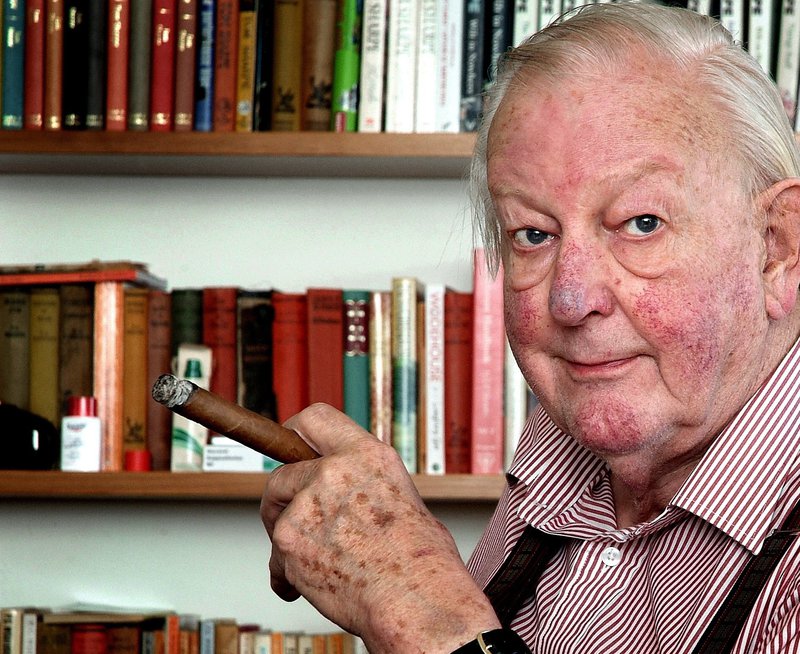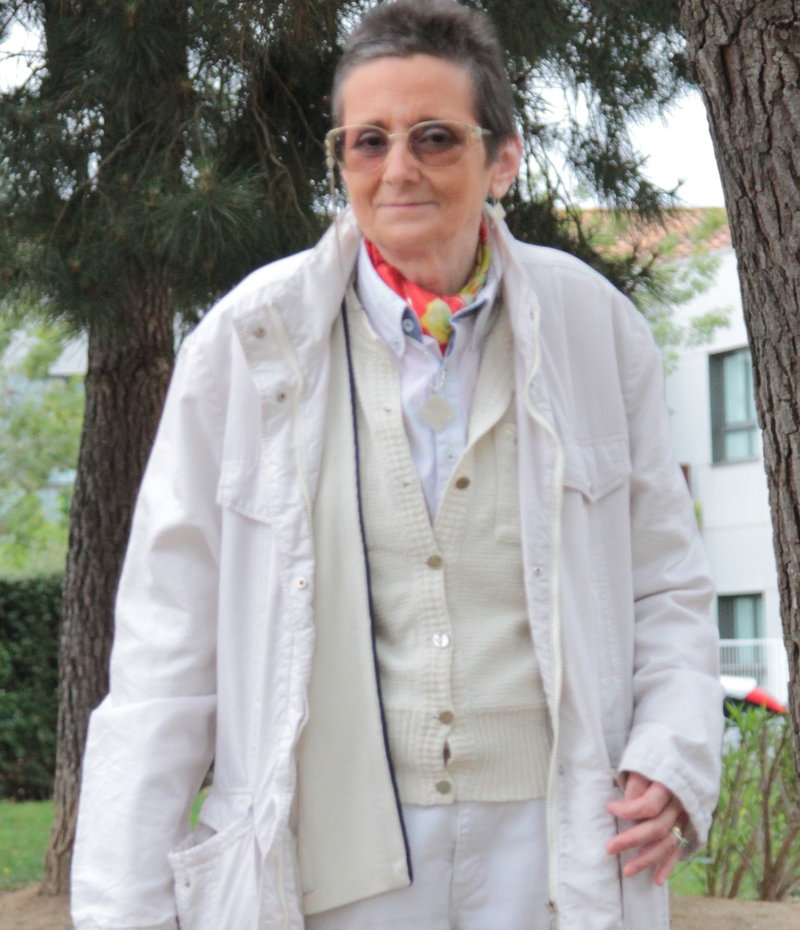marcela topor / mtopor@cataloniatoday.cat
How did the Tom Sharpe Chair come about?
This project is the culmination and the start of the fulfillment of Tom Sharpe’s will, in which he leaves me as the executor of his work. He wanted his work to be kept as a whole, and he wanted a foundation created in order to do that. We created the foundation, then he left all his legacy to the University of Girona. I went to Cambridge three times to bring more documents that the family gave us. Everything is now at the University of Girona. Since his death, at the Tom Sharpe Foundation, we’ve been promoting his work and we felt that it was time to go a step further, that is, to promote the English language and literature. As there are no studies of English literature and language at the University of Girona, we contacted the University of Barcelona to sign a collaboration agreement so that students could do curricular practise at the University of Girona and created a chair, so that in Girona it becomes possible to study not just Tom Sharpe’s work, and humourous literature, but English language and literature in general.
What do these studies consist of and what are your goals?
There are two parts: studies on the legacy of Tom Sharpe, not just the books he wrote but many other writings on topics including the South African period, the Second World War, philosophy, politics, psychoanalysis, and so on. Then, we want to promote English language and literature in the university and among readers in general. Apart from that, there will be agreements with the Institute of Education Sciences and the Modern Languages Service of the University of Girona. And we plan to get in touch with other universities in Catalonia and abroad to internationalise Tom Sharpe’s work. We signed the agreement online on May 20 and Xavier Pla, who is also the director of the Josep Pla Chair, will be the director of the new Tom Sharpe Chair. The official presentation will hopefully be in September.
All that is in addition to the work you are doing at the Tom Sharpe Foundation.
Indeed, our main activity so far has been organising reading clubs in libraries, and we are doing this with the help of the writer Miquel Martin i Serra.
You were Sharpe’s right hand for many years. How did you meet him?
I met him in 1996 and we worked together until he died in June 2013. We met at the Hotel Llevant, as a doctor, when one day he didn’t feel well. My husband was a photographer and we became friends with all the Catalan and English guests staying at the hotel. He then bought a house in Llafranc and I started to help him with his correspondence, and so on.
Why did he choose to come here and what made him stay?
He came here for the first time in April 1992, through the Carme Balcells literary agency, for an international literary congress in Barcelona. He was suffering from writer’s block and was looking for a quiet place, and Balcells recommended the Hotel Llevant to him. He went there, loved it, and he stayed. I always imagine him in Llafranc on a day in April, with almost no one around, just a bit of tramuntana wind, in that hotel that he loved, and him saying, I’ll stay here. It was like love at first sight.
Is there anything left to do after the chair?
I’m content to have been able to fulfill his wish, which was that his legacy stay in Catalonia. Now what remains to be done is his biography, which is underway. He also put it in writing that he wanted me to publish his biography. I took notes every day from 2001 of what he used to do, say, write. I have written down all of the Catalonia part. It’s a lot of work, starting from the beginning, with the South African part, which for me is very interesting, then Cambridge, his time as a photographer, as a writer, and he was very interested in psychoanalysis, and so on. It’s a complex bio, which hopefully will be published in a year.
interview




